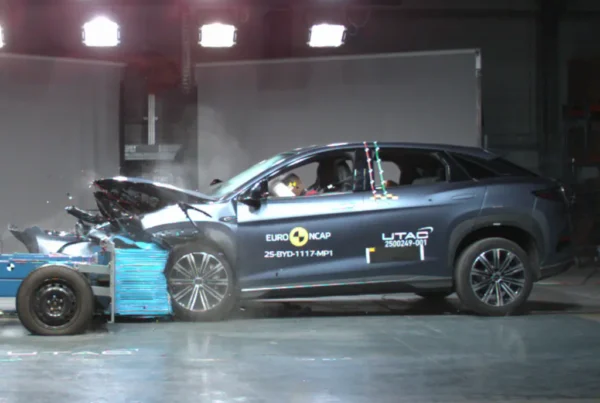Major carmaker Kia announced that it has cut its global sales target by 20 per cent last April 10. From a target of 4.3 million units sold to 4.19 million, the decision comes at a time of economic and geopolitical challenges. From these figures, Kia intends to sell 1.26 electric vehicles (EV) and 993,000 hybrid vehicles by 2030.
At a conference in Seoul, South Korea, Kia President and CEO Ho Sung Song announced new company goals to reach by 2030. The first of its goals is to acquire 4.5 per cent of the global market share and 4.3 per cent of the global battery electric vehicle (BEV) market. The Korean car maker is specifically aiming for 1.26 million EVs sold annually by 2030.
To supplement their goals, Kia also aims to increase its global production capacity by 17 per cent, from 3.63 million units to 4.25 million units. Lastly, its financial objective is to reach revenues of USD 117 billion (AUD 185 billion) and an operating margin of 10 per cent.
Partnering with fellow Korean automaker Hyundai, Kia announced its commitment to develop innovative automotive tech like software-defined vehicles (SDVs), autonomous driving, robotic integration, and multimodal transport networks with advanced air mobility (AAM) solutions. Additionally, Kia plans to release 15 new EV models and 10 new hybrid models by the end of the decade.
Nevertheless, Kia cited uncertainty with the US’ new tariff policies and the current state of its automotive sector as a major reason behind its decision.
Was this article informative? Leave us a like to let us know!



















